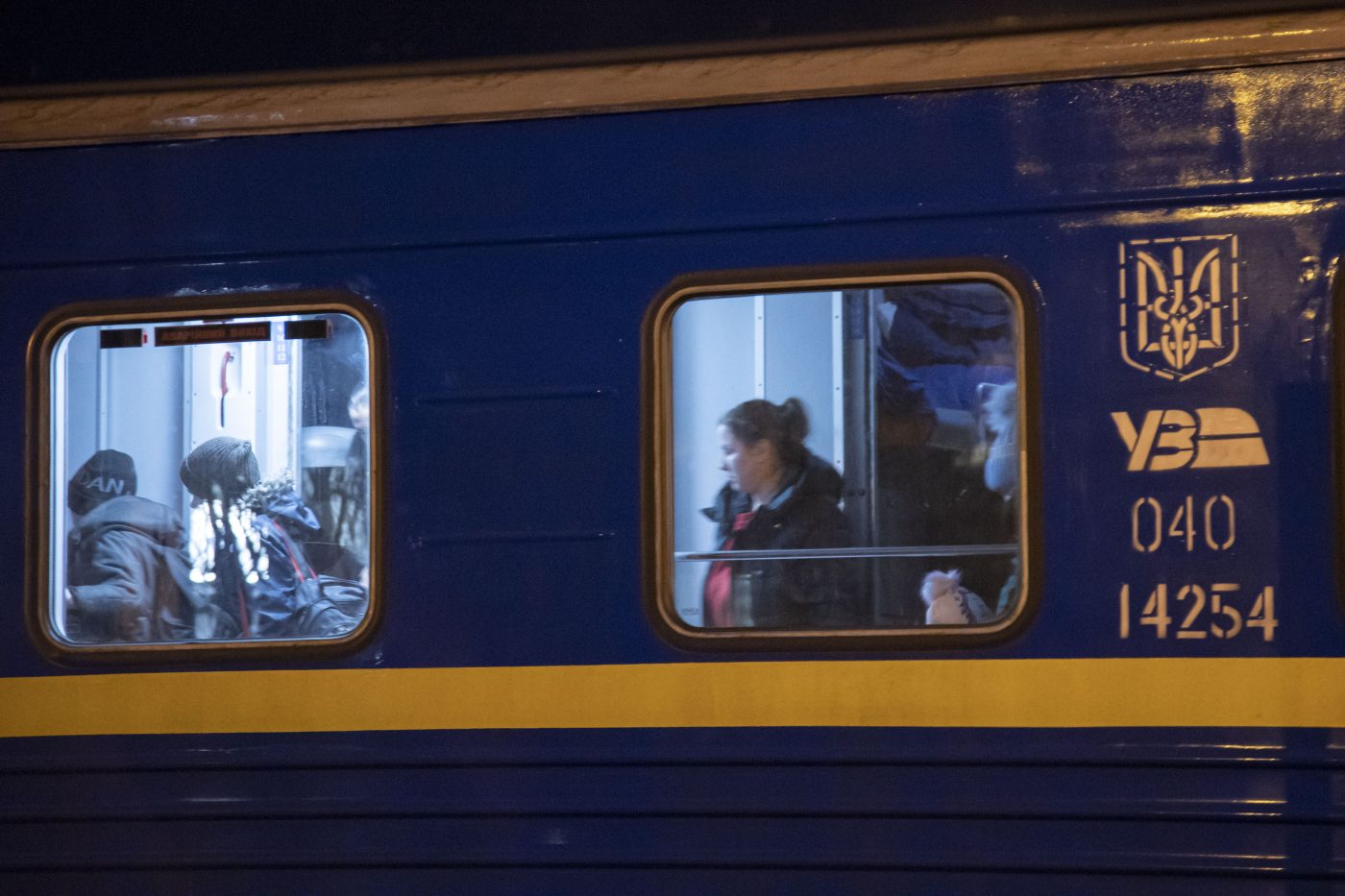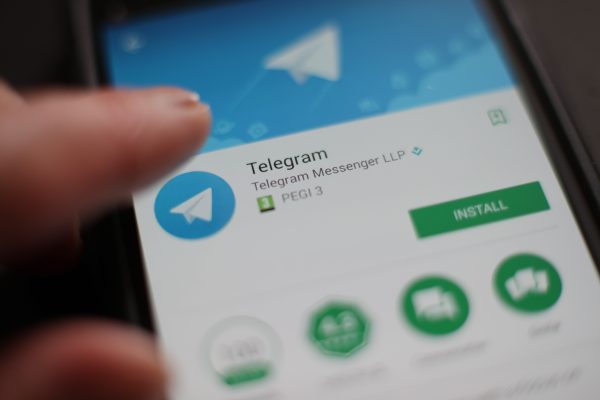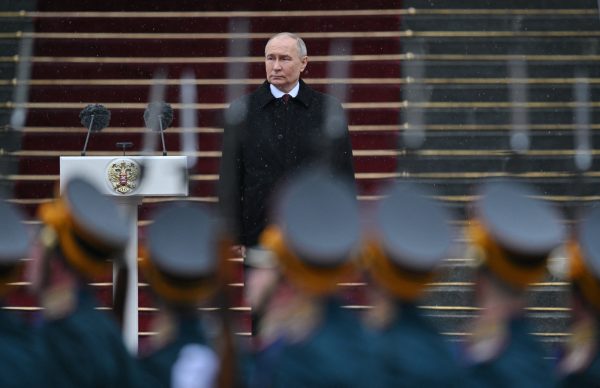When I first came to the US, 17 years ago, I flew from Crimea’s Simferopol airport through Kyiv and Germany to North Carolina. By March 2022 that option was no longer available, and I fled the salvos of Russian missiles that were being aimed from my old Crimean home towards the mainland of my motherland and its embattled people.
I took an evacuation train that brought me and six million other Ukrainians to the western border of Ukraine, the only safe exit since Russia was attacking from all other sides.
Will the rest of Europe escape if mainland Ukraine — the continent’s second-largest country — is occupied by Vladimir Putin’s imperial legions? I doubt it. Instead, it will have a battle-tested and unsated power right on its border able to terrorize neighboring NATO and European Union (EU) countries at will.
Europeans and Americans still fail to grasp what this will mean. But Ukrainians know all too well. They will be held hostage, forced from their homes, their ideas and hopes suppressed, and subject to arbitrary arrest, torture, and murder. Can the West really be certain that a country using these kinds of tactics will be satisfied with its victory, or should it look again at the detailed demands Putin made in December 2021 and recognize that he has far darker ambitions?
Russia’s behavior in Ukraine is not an outlier, it is a predictor, a template of its system of colonial administration.
Russia appears in different guises before it seizes power. In Crimea, for example, when the Russian Black Sea Fleet was stationed in Sevastopol for many years, branches of Russian universities opened on the peninsula, Russian tourists visited its resorts and others bought properties.
There was also a concerted attempt to force-feed a Russian identity. But does this make people Russians? Of course not. It is a form of psychological abuse — the occupiers force Ukrainians living in the occupied territories to question their own sanity, memories, or perception of reality so that it is easier to control them.
And if people don’t toe the line, there is physical abuse. Russian forces target Ukrainians, both at a national and local level.
In Crimea, Russia instigated a “honeymoon period” as it sought to gain local residents’ loyalty and trust. Then — in a few years following the annexation in 2014 — it started to increase its abusive behavior, imposing its view of the world on everyone on the peninsula.
The same has been seen in Donetsk and Luhansk oblasts, and it is also happening in occupied Zaporizhzhia and Kherson — with the only difference being that the process has happened faster. Russia constantly oscillates between the honeymoon period and the suppression of dissent.
More than 20,000 people have been confirmed as civilian hostages of the Russian regime. The number is likely to be higher, but some families are reluctant to reach out to the Ukrainian authorities for fear of being accused by the occupiers of spying or collaborating with Kyiv.
The hostage-taking goes alongside abductions of Ukrainian children, mass deportations, torture chambers, and other genocidal war crimes. This is what life is like if you live in the occupied territories.
What would a Russian victory mean for the world? Another territory controlled by Moscow where anyone who resists is held in pre-detention centers and prisons or brainwashed by the propaganda machine. More people to fight against NATO soldiers, some willingly, and others conscripted into the Russian army by force.
Since the beginning of 2022, around 55,000 to 60,000 residents from the occupied territories of Ukraine have been forcibly conscripted into the Russian army, according to the Intelligence Directorate of Ukraine’s Defense Ministry.
A stalemate or victory in Ukraine would also encourage the Kremlin to seek wars in Georgia and Moldova. But Vladimir Putin will not limit himself to these countries. As he seeks to restore the Russian empire, he would shift his attention to Estonia, Latvia, Lithuania, and potentially even Finland.
This won’t require him to convince the Russian public of the need for new wars, since opinion polls show that many believe that a war with NATO is already underway.
If the world wishes to restore some semblance of global order, uphold the rule of law, and prevent Ukraine and other countries from becoming isolated and aggressive dark spaces, it needs to help Kyiv win, not Moscow.
Elina Beketova is a Democracy Fellow at the Center for European Policy Analysis (CEPA), focusing on the temporarily occupied territories of Ukraine. She worked as a journalist, editor, and TV anchor for various news stations in Kharkiv and Kyiv, and currently contributes to the translator’s team of Ukrainska Pravda, the biggest Ukrainian online newspaper.
Europe’s Edge is CEPA’s online journal covering critical topics on the foreign policy docket across Europe and North America. All opinions are those of the author and do not necessarily represent the position or views of the institutions they represent or the Center for European Policy Analysis.





